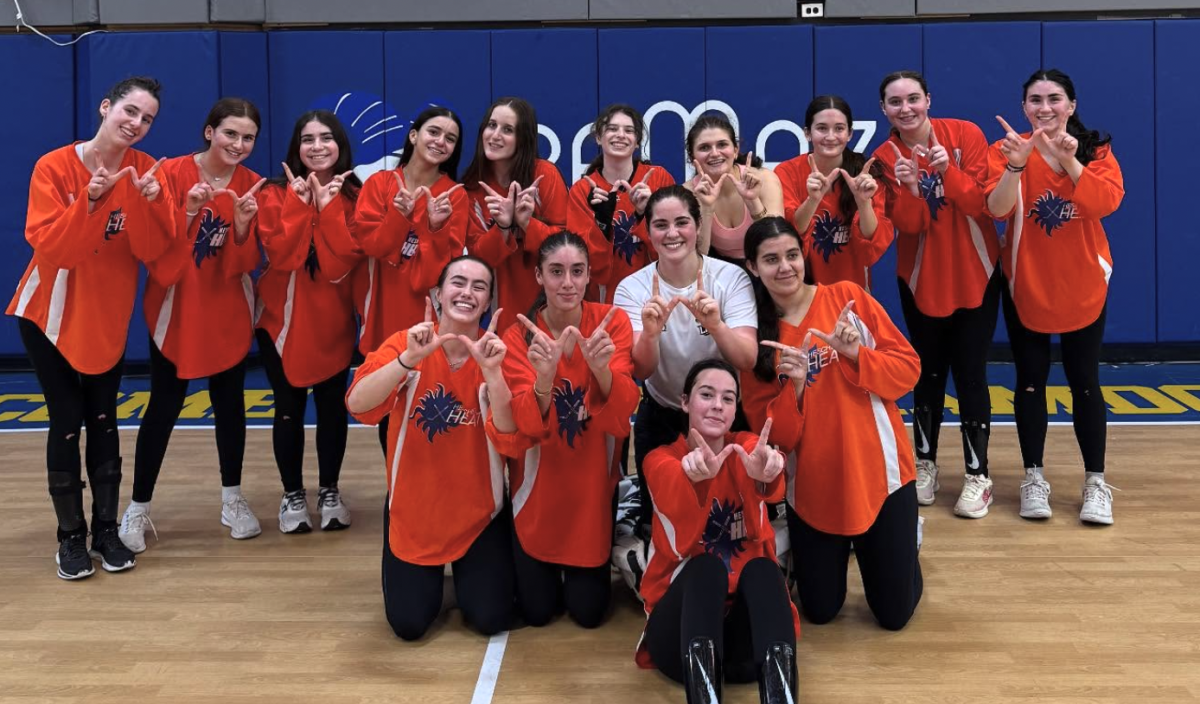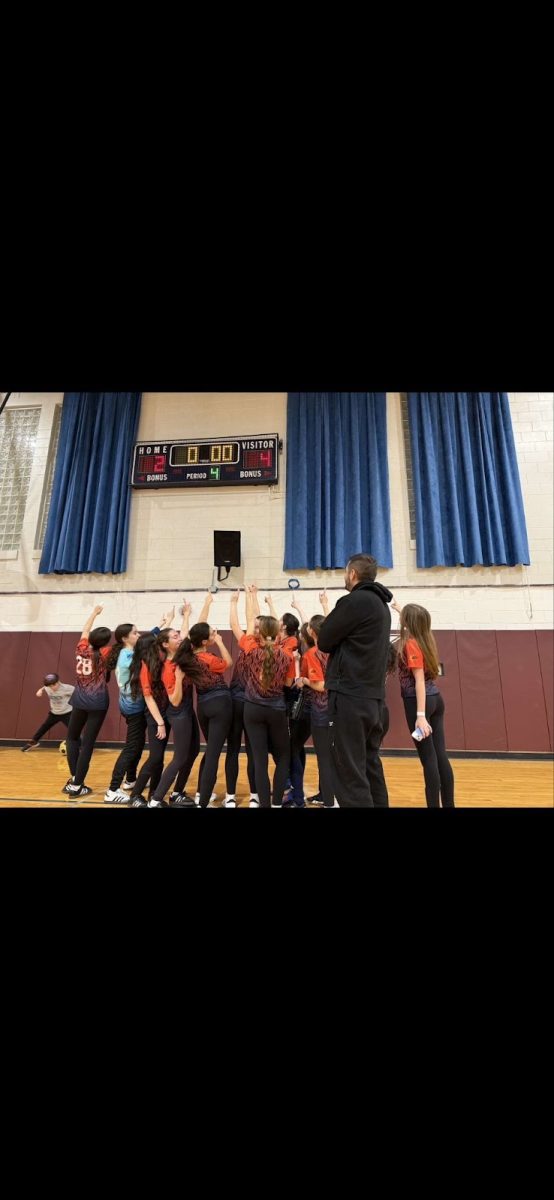As the final bell rings on Monday afternoons, students face a difficult choice: go to their club, or go home.
A discussion has developed among the student body about whether clubs should be moved earlier in the day to boost attendance and engagement, or remain at their current time to enable students to decide how to spend their time. Clubs are crucial and highly valued by Heschel students, as they allow for students to pursue passions outside of academics and connect with people who share those same interests. With divided opinions regarding the timing, a solution must be reached to ensure students’ satisfaction.
When asked about attendance in her club, former leader of the Fashion Club, senior Lila Nanasi said, “It’s always a struggle to get people to stay for clubs.” She admits that, at times, she doesn’t even want to stay herself.
Echoing this idea, freshman Josh Archibald said, “Having it in the middle of the day would completely increase attendance.”
However, not everyone agrees that changing the timing of clubs would affect attendance. When asked about his opinion, freshman Adam Stern said, “People always want free time.”
Certainly, students know that clubs exist, but some simply do not want to go or would rather focus on other commitments.
Stern said, “Having clubs last period gives students the perfect opportunity to be fully autonomous with their time.”
Agreeing with this, freshman Jacob Soloman said, “I have other commitments outside of school. Having clubs at the end of the day allows me to leave early enough so I have time for my other sports and activities.”
While attendance is important, it is not the only factor at play. Freshman Ella Schlessinger believes that engagement would not be affected by rescheduling the schedule block.
Schlessinger said, “The people who are actually invested in their club will go, ensuring that members of clubs are active contributors and clubs will have a better energy.” According to Schlessinger, those who choose to show up for their club, despite the temptation to go home instead, are often the most committed and engaged members. An increase in attendance would not necessarily result in an increase in engagement.
President of Student Government, and junior Pierce Malter said, “As of right now clubs will remain at the end of the day because administration believes this timing has had a positive impact. If students feel strongly about changing this, they should make an effort to voice their opinion to faculty or Student Government.”
There are still conflicting opinions among students, making it clear that the conversation around club timing will continue in the weeks to come.


